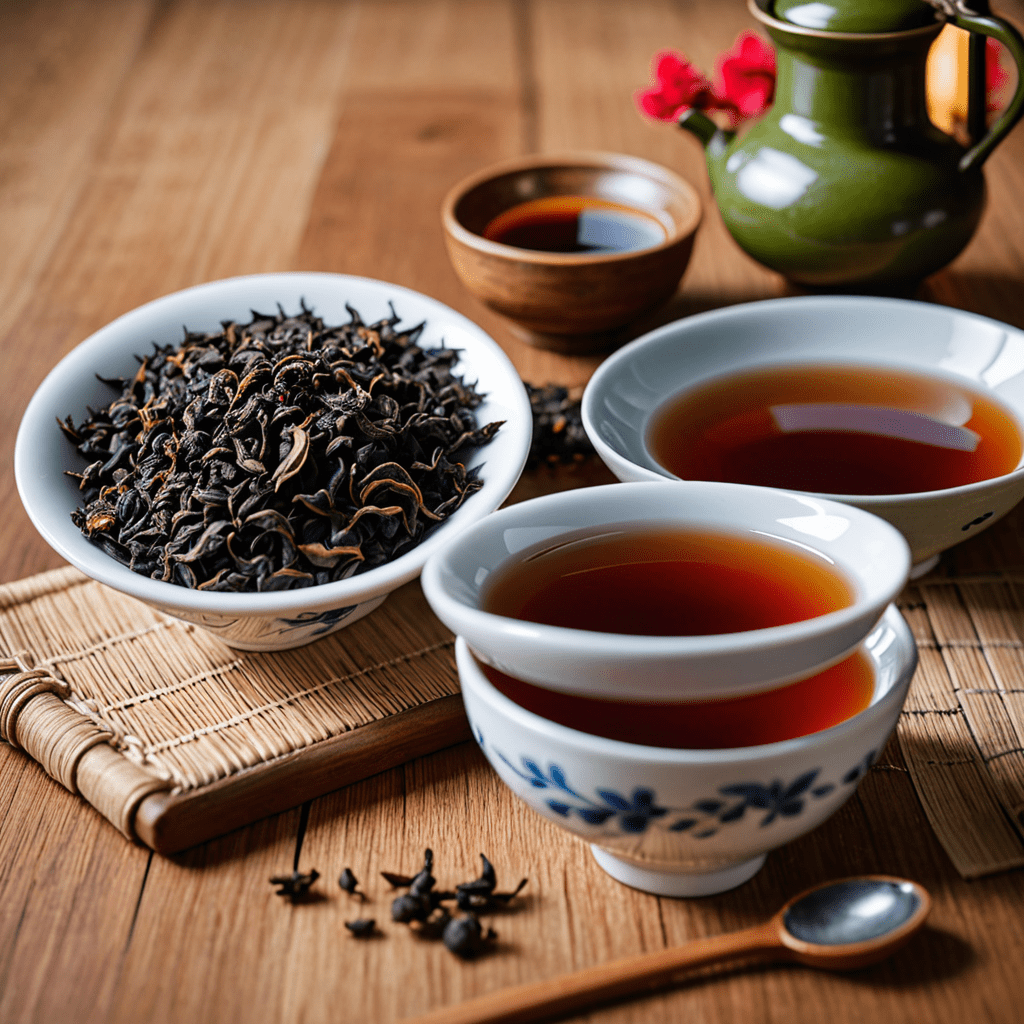Exploring the History of Chamomile Tea
Chamomile tea, renowned for its soothing properties and delicate flavor, has a fascinating history that dates back centuries. Let’s delve into the origins and cultural significance of this beloved herbal infusion.
The Ancient Roots of Chamomile
Chamomile, derived from the Greek words “chamos” (ground) and “melos” (apple), has been cherished since ancient times for its calming effects. The Egyptians revered chamomile for its medicinal properties and used it in embalming processes. The Romans also valued chamomile for its therapeutic benefits.
Chamomile in European Folklore
Throughout European history, chamomile was a symbol of purification and was often used in rituals and ceremonies. It was believed to ward off evil spirits and bring good luck. The plant’s daisy-like flowers were also used in wreaths and garlands during festivals and celebrations.
The Introduction of Chamomile Tea
Chamomile tea, made by infusing chamomile flowers in hot water, gained popularity for its mild floral taste and relaxing properties. The tea was traditionally used to promote sleep, ease digestive issues, and reduce inflammation. It became a staple in many households for its calming effects.
Chamomile Tea Today
In modern times, chamomile tea remains a popular herbal remedy for various ailments, including anxiety, insomnia, and indigestion. Its gentle nature makes it suitable for adults and children alike. Chamomile tea is widely available in tea bags and loose-leaf form, making it convenient for daily consumption.
Cultural Significance of Chamomile
Chamomile continues to hold cultural significance in many societies. In some regions, chamomile is associated with love and devotion, used in weddings and other ceremonies. Its presence in herbal medicine and culinary traditions further highlights its enduring importance.
Health Benefits of Chamomile Tea
Beyond its historical and cultural significance, chamomile tea offers numerous health benefits. It is rich in antioxidants and anti-inflammatory properties, aiding in relaxation, digestion, and overall well-being. Regular consumption of chamomile tea may contribute to improved sleep quality and reduced stress levels.
Embracing the Legacy of Chamomile Tea
As we explore the rich history of chamomile tea, we appreciate its evolution from ancient rituals to a beloved beverage enjoyed worldwide. Whether sipped for its health benefits or simply for its comforting aroma, chamomile tea continues to captivate tea enthusiasts with its time-honored charm.

